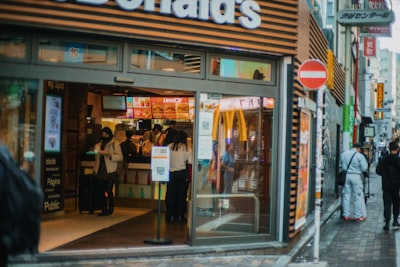Summary
Fast Retailing, the parent company of Uniqlo, reported a modest operating profit growth of just 1.4% for the three months ending May 2025. The main drag came from a 3% drop in Uniqlo's China market profits, while North America outperformed expectations. The company downplayed the financial impact of US tariffs, imposed by President Donald Trump, expecting only a modest 1% hit to second-half earnings, thanks to ample product inventories already stockpiled in American warehouses.
Analysis
Beneath the surface-level earnings, this story reflects the evolving risks and adaptations facing multinational retailers. The profit dip in China, once Uniqlo’s growth engine, may stem from economic headwinds, changing local consumer behaviors, or increasing competition. Meanwhile, North America’s strong numbers suggest diversification beyond Asia is cushioning regional downturns.
Fast Retailing’s public statements regarding tariffs reveal calculated optimism: by preemptively shipping goods to the US, the company has buffered itself (at least temporarily) from the immediate effects. However, this strategy is contingent upon logistics, forecasting accuracy, and inventory management—a risk if demand proves volatile. The fact that the company is already quantifying tariff impact at a relatively manageable 1% hints at either resilience or a desire to reassure nervous investors and stakeholders.
Discussion
This update encapsulates several broader tensions defining modern global commerce. Trade policies under leaders like Trump introduce abrupt uncertainty, testing companies’ agility. Fast Retailing’s response—a blend of forward planning and reliance on international market spread—mirrors tactics seen in other sectors reliant on global supply chains.
Looking ahead, some key questions emerge:
- Can the US retail segment continue to pick up slack if China falters?
- Will ongoing or escalating tariffs motivate Fast Retailing to relocate manufacturing or adjust supply chains more permanently?
- How will geopolitics and shifting consumer tastes in core markets reshape the trajectory for brands like Uniqlo?
For consumers and industry-watchers alike, the fortunes of Fast Retailing serve as a litmus test for broader macroeconomic themes: the resilience of global retail, the limits of cost-shifting strategies, and the profound effects of political decisions on everyday business. As supply chains become more politicized and consumer preferences more fractured, the world will watch how giants like Uniqlo adapt—or struggle to keep pace.

Comments
No comments yet. Be the first to comment!